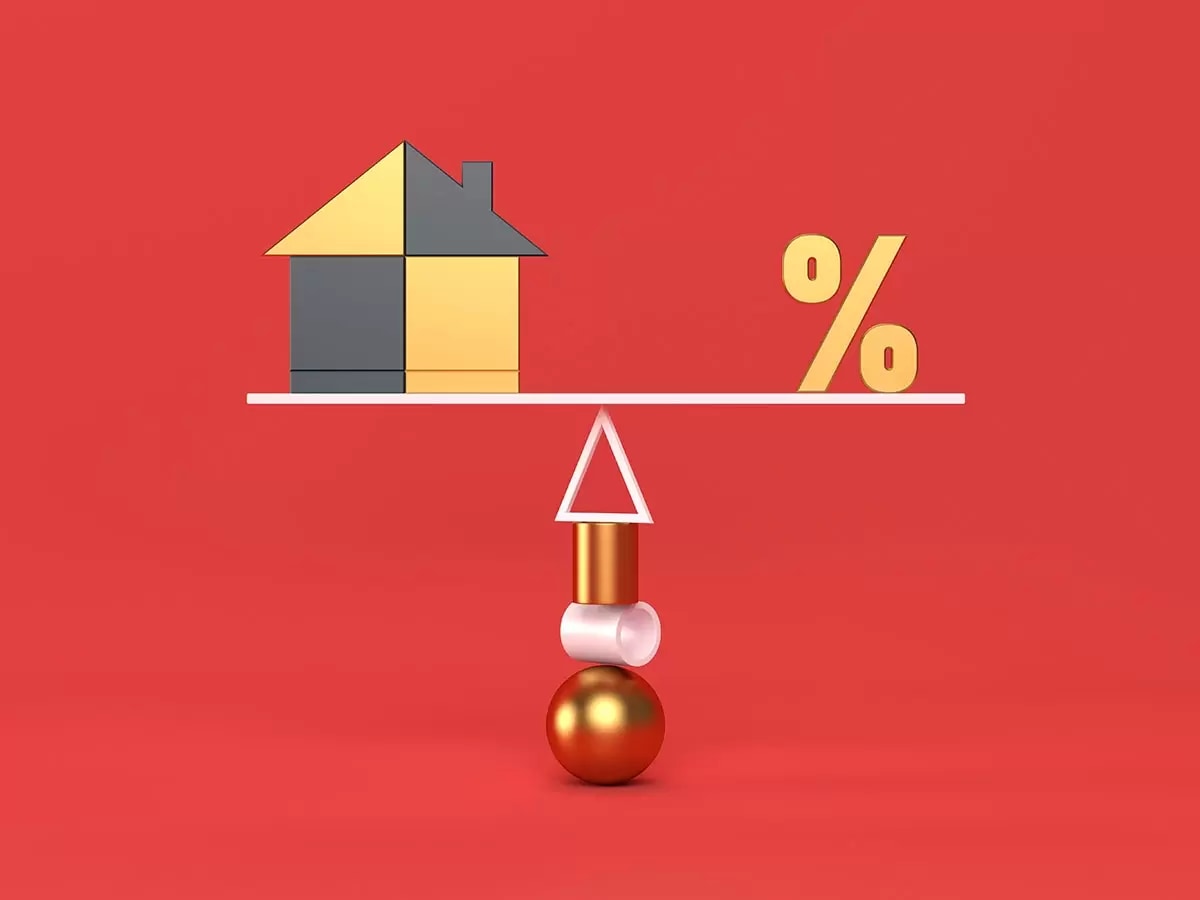| Owning shares doesn’t give you this option. | If you buy a house, you can live in it. |
| Owning property shares will take up little of your time, and someone else will be doing the repairs and upkeep. | Buying a house comes with costs, such as upkeep, as well as the time required to make repairs. |
| ETFs and REITs typically employ real estate experts to find properties to invest in. | Most buyers are reliant on the expertise and advice of their real estate agent. |
| With a property ETF or REIT, you invest once, and no additional capital or services are then required. | Buying a house requires an initial large capital outlay, which can expand with the taking out of loans and finding money for its upkeep. |
| With a property ETF, the fund handles the rent and just pays you what you are owed each month or quarter. | If you buy to let your property, you are responsible for collecting the rent. |

















